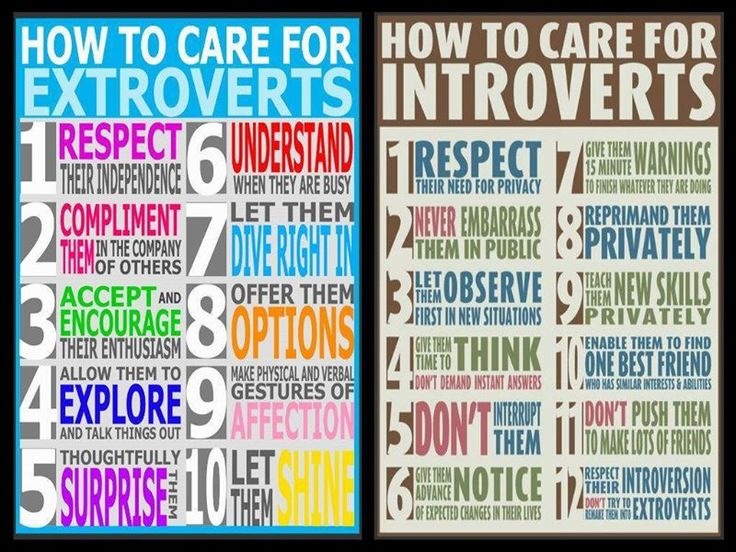There are a lot of different facets that go into leadership — planning, managing, mentoring, etc. — but at the end of the day, it boils down to one key point: communicating. It can't be that simple, can it? Well, it is and it isn’t.
Communicating is more than just delivering a message. A good communicator knows how to deliver a message the right way for the intended audience. That’s often easier said than done.
George Russell, founding member of the Machinery Advisors Consortium, and Farm Equipment contributor, joined us in our office in Brookfield, Wis., for our monthly managers meeting. Earlier this year, we started bringing all our mid-level managers and the leadership team together on a monthly basis to workshop different management challenges. These meetings have been great because they are all about learning from each other. Our time with Russell was no different.
He shared the presentation which he originally gave along with MAC colleague Russ Green during the Dealership Minds Summit Pre-Summit Workshop in Madison in August. To kick things off, Russell started by talking about introverts and extroverts, and what sets them apart.
At the end of the meeting, we went around the room and shared our biggest takeaways from the discussion. A good portion of our team mentioned the graphic below that shows how to care for introverts and extroverts, from Susan Cain’s book, The Power of Introverts in a World that Can’t Stop Talking.

Source: Quiet, The Power of Introverts in a World That Can't Stop Talking, Susan Cain.
During the three hours we spent with Russell, I was furiously scribbling down notes. Some of the notes that stood out to me include:
- You’re not a leader until you develop other leaders to develop leaders
- Deal with reality — where are we today? Sort out the noise to see the true facts of today. What are the expectations for the future? What’s the problem I'm trying to solve?
- Sometimes you need to unlearn what you learned before
- The most precious thing you have at work is time — how you chose to use it is important.
- Balance your management and leadership activities
- What put me here won’t take me there
- If you can’t delegate, you'll never be successful in a growing business.
At the end of the day, the biggest takeaway for me was the idea that everyone you communicate with throughout the day — whether at work or just in life — requires a different style of communication. It doesn’t have to be drastically different, of course, rather your communication needs to be intentional, and delivered in a way the other is most comfortable receiving it. For example, some people might welcome you interrupting their thought with an idea of your own that builds on what they were saying. But for someone else, it could derail their whole thought process and leave them annoyed.
Communication isn’t about you — it’s about the other person.
Our mid-level managers and leadership team all have a good rapport with each other, but the breakout groups Russell put us in to workshop the ideas he shared gave us a better handle on how to best communicate with the other members of the team. If your team hasn’t gone through an exercise like this, I’d strongly encourage you to do so. We all walked out of the room feeling better about how to work together than we did when we walked in.






